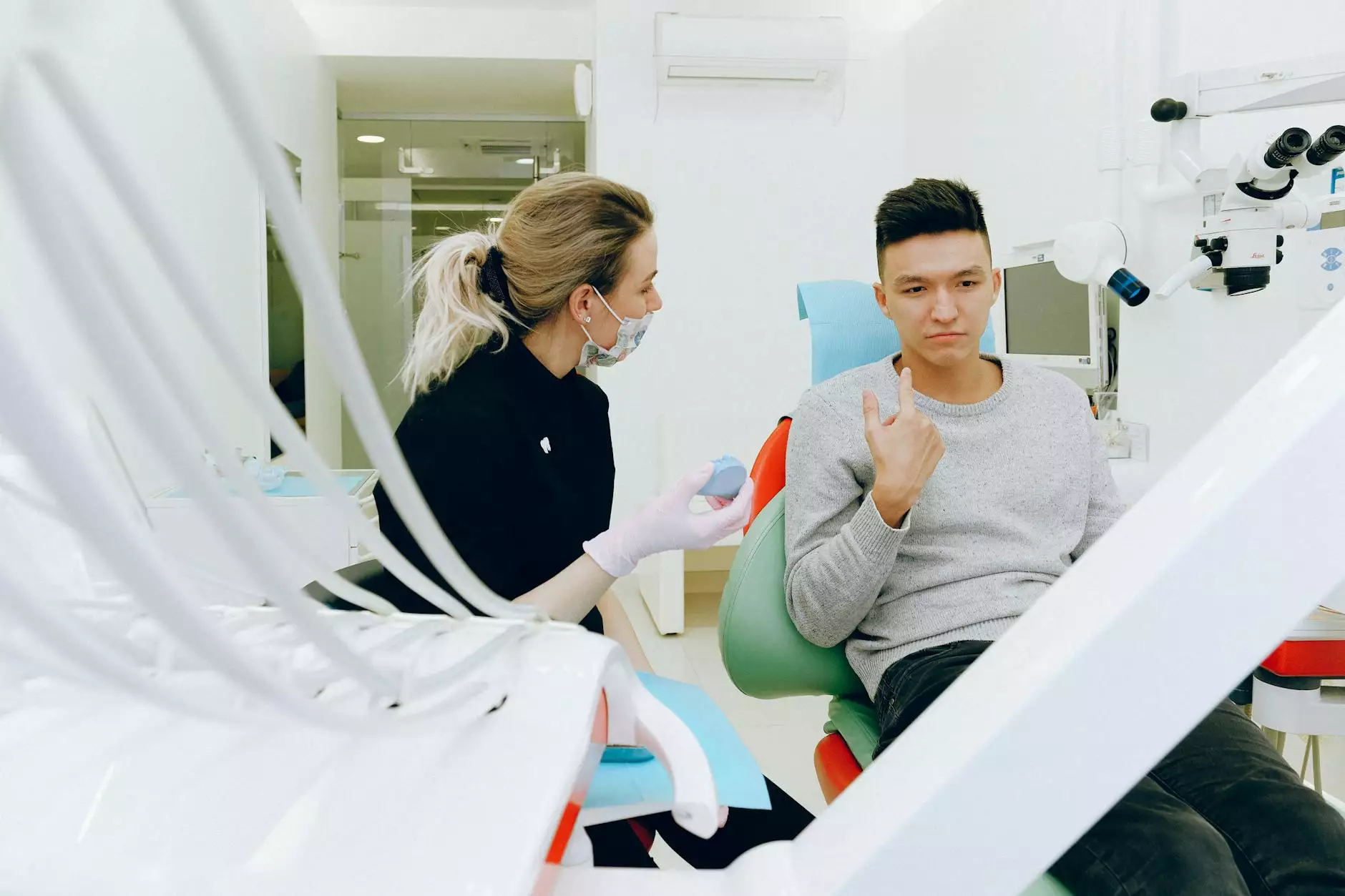Understanding the Disadvantages of Dental Crowns

The journey towards achieving optimal oral health often leads individuals to consider various dental procedures, with dental crowns being one of the most common treatments. While these dental restorations can provide significant benefits, it's essential to talk about the disadvantages of dental crowns. In this comprehensive article, we will delve into the potential drawbacks associated with dental crowns, enabling patients to make informed choices when it comes to their dental health.
What Are Dental Crowns?
Dental crowns are protective caps placed over teeth to restore their shape, size, and strength, ultimately improving their appearance. They are often recommended for various reasons, including:
- Severely worn or broken teeth
- Teeth that have undergone root canal treatment
- Misshaped or discolored teeth
- To support dental bridges
However, while dental crowns serve these essential functions, understanding their potential disadvantages is critical for prospective patients.
Common Disadvantages of Dental Crowns
Despite their advantages, dental crowns come with certain drawbacks. Here are some of the most notable disadvantages of dental crowns:
1. Cost Considerations
Dental crowns can be expensive. The cost often depends on the type of material used and the complexity of the procedure. For instance, traditional porcelain or metal crowns can range anywhere from $800 to $3,000 per tooth, depending on location and the dentist’s experience. Insurance may cover part of the cost, but many patients find themselves incurring significant out-of-pocket expenses.
2. Sensitivity to Temperature
Many patients report increased sensitivity after having dental crowns placed. This can manifest as discomfort when consuming hot or cold foods and beverages. The sensitivity occurs because the crown can affect the underlying tooth's nerve and surrounding gums. This can be particularly problematic for individuals who already experience tooth sensitivity.
3. Risk of Root Damage
When preparing a tooth for a crown, dental professionals must remove a significant amount of the tooth's structure. This preparation can sometimes lead to unintentional damage to the root or nerve endings, which may result in the need for further treatments, such as root canal therapy.
4. Potential for Crown Failure
While dental crowns are designed to be durable, they are not immune to failure. Factors contributing to crown failure include:
- Poor oral hygiene
- Excessive grinding or clenching of teeth
- Improper fit
- Decay beneath the crown
If a crown fails, it will require replacement, ultimately leading to increased costs and further dental intervention.
5. Maintenance and Lifespan
The lifespan of a dental crown is typically between 5 to 15 years, depending on factors such as material quality, dental habits, and maintenance practices. Over time, crowns may become loose or discolored. Routine dental care, including professional cleanings and exams, is necessary to extend their lifespan.
6. Appearance and Aesthetics
Though dental crowns can significantly enhance the appearance of damaged teeth, some materials may not blend perfectly with natural tooth enamel. For patients concerned with aesthetics, metallic crowns might stand out, which can be a significant source of self-consciousness when smiling or speaking.
Types of Dental Crowns and Their Specific Disadvantages
There are several materials used for dental crowns, each with its respective advantages and disadvantages. Understanding these can help patients further evaluate the disadvantages of dental crowns:
1. Porcelain Crowns
Porcelain crowns are known for their highly aesthetic appearance, closely resembling natural teeth. However, they can be prone to:
- Fracturing or chipping: While durable, porcelain crowns can break under excessive pressure.
- Wear on opposing teeth: Porcelain may be abrasive to adjacent natural teeth.
2. Metal Crowns
Metal crowns are extremely durable and withstand significant bite forces, but they often come with drawbacks such as:
- Noticeability: The metallic nature can be unappealing to some patients.
- Potential for allergy: Some individuals may be allergic to metals used in crowns (such as nickel).
3. Ceramic Crowns
Ceramic crowns provide a good balance between durability and aesthetics. However, they are somewhat more brittle compared to other materials, leading to the following issues:
- Wear and tear: They may not be suitable for molar teeth due to their brittleness.
- Higher cost: The custom fabrication of ceramic crowns can drive up costs.
Long-Term Implications of Dental Crowns
Another essential aspect of considering the disadvantages of dental crowns is their long-term implications. When a dental crown is placed, it can affect the surrounding teeth and gum health:
1. Gum Recession
Improperly fitted crowns can irritate the gums, leading to potential gum recession. If the gum tissue recedes, it can expose the tooth's root, which may increase sensitivity and vulnerability to decay.
2. Influencing Bite Alignment
In some cases, a dental crown that is too high can affect bite alignment, leading to discomfort during chewing. This misalignment typically requires the dentist's intervention to adjust the crown properly.
3. Oral Hygiene Challenges
Crowns can create hard-to-reach areas that may complicate oral hygiene. If plaque and tartar accumulate around a crown, it can lead to decay underneath or around the crown, resulting in further dental complications.
Mitigating the Disadvantages of Dental Crowns
Despite the potential downsides, there are ways to mitigate the disadvantages of dental crowns. Consider the following strategies:
1. Choose an Experienced Dentist
Opt for a skilled and experienced dental professional to ensure proper crown placement and fitting. This diminishes the risk of failure, discomfort, and other complications.
2. Maintain Excellent Oral Hygiene
Prioritize a routine of brushing, flossing, and dental check-ups. Good oral hygiene can reduce complications related to crowns and enhance their longevity.
3. Discuss Material Options
Consult with your dentist regarding the appropriate material based on your needs and preferences. Discuss any aesthetic concerns along with the pros and cons of different crown materials.
4. Consider a Custom Crown
A custom crown made from high-quality materials can minimize the risk of complications. Discussing personalized options with your dentist can help achieve optimal results.
Conclusion
While dental crowns have their advantages, potential disadvantages of dental crowns must be considered before opting for this procedure. From cost considerations to sensitivity and aesthetic concerns, it’s vital to be aware of how these factors might impact your oral health. By understanding each aspect and maintaining open lines of communication with your dentist, you can decide that works best for your unique situation. Your oral health deserves the utmost attention and care, so take the time to weigh the pros and cons before undergoing any dental treatment.









